
Plants sway in the breeze, bask in the sunshine, and even make some gentle sounds. But did you know that they might have a sense of smell too, just like humans and animals?
Even though plants are not quite as expressive as we are, they have developed clever ways to communicate. We already know that they can produce acoustic and electric signals to communicate with other organisms. However, the communication through „volatile organic compounds (VOCs)“ seems to be much more important. VOCs are chemical cues emitted by plants when they experience stress or damage. They serve to deter insects or warn other plants. Despite several studies on this type of communication, major questions in plant communication remain, including the underlying mechanism of how plants perceive such signals and where this perception occurs.

IIn a recent scientific study, amazing discoveries were made about plants and their ability to perceive the world around them. As part of the research, the scientists conducted experiments with maize plants, exposing them to various VOCs. Additionally, they tested different environmental conditions, like light, darkness, drought, and even special plant hormones, to see how the plants responded.
The findings suggest that plants actually detect “scents” in the air, similar to how we sense smells with our noses! Essential to the plants sense of smell are apparently the stomata. Stomata are tiny pores found on the surface of plant leaves and stems. They look like little mouths, and their main job is to let gases in and out of the plant.
When the plants were exposed to light and their stomata were wide open, they could effectively sniff out the VOC’s. It’s like they were saying, „Hey, I smell trouble, let’s get ready to protect ourselves!“ These plants also produced certain substances, like jasmonic acid and abscisic acid, which help in defending against herbivores.
But things changed when it was dark or dry. The plants closed their stomata to conserve water, and they couldn’t detect those scents as well. It was like they lost their sense of smell.
This study sheds light on the hidden abilities of plants and how they interact with their environment. Although there’s still much to learn about how other environmental conditions affect plant smell and defense responses, it’s an exciting step forward in understanding the secret lives of plants.
So, next time you admire a beautiful plant, remember there’s much more going on beneath the surface than meets the eye. They might just be using their secret sense of smell to communicate and defend against lurking threats!

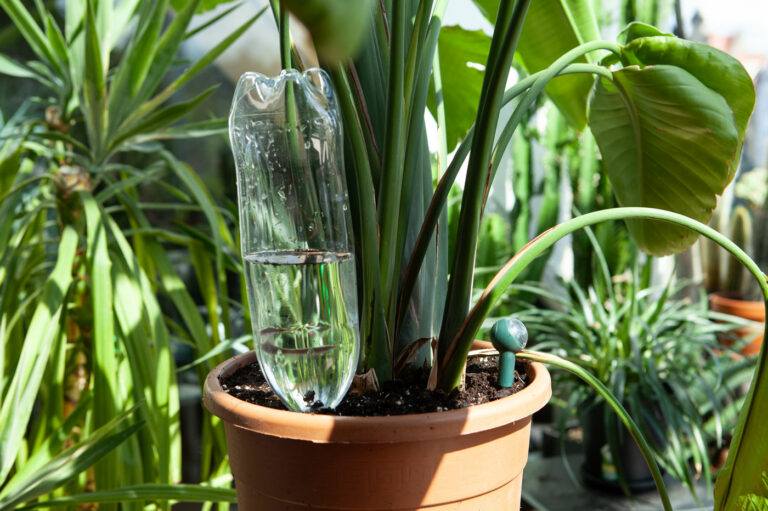

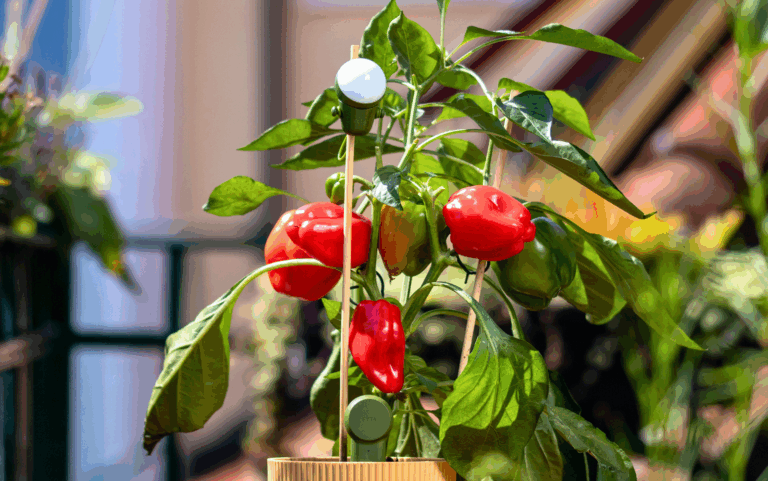
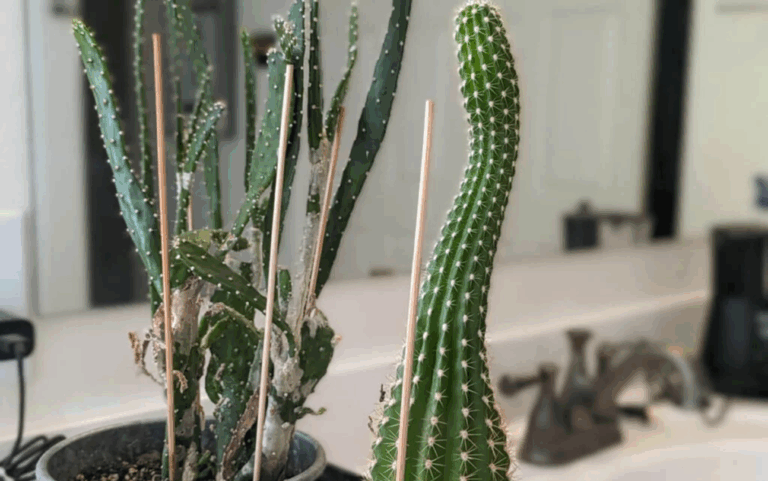
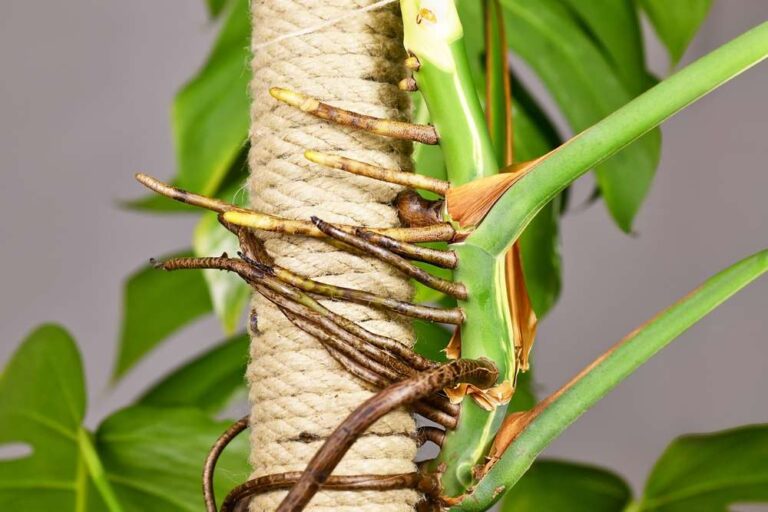
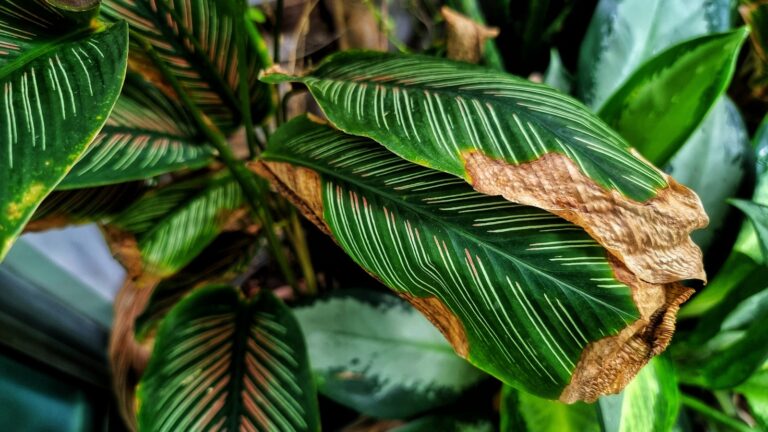
1 -Gedanken zu “How Plants Sniff Out Trouble!”